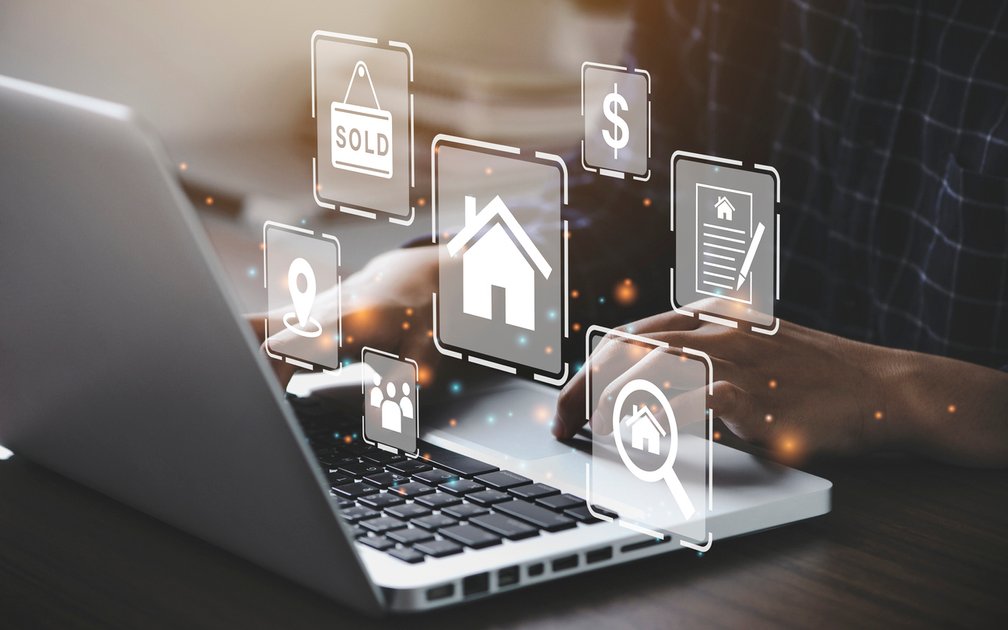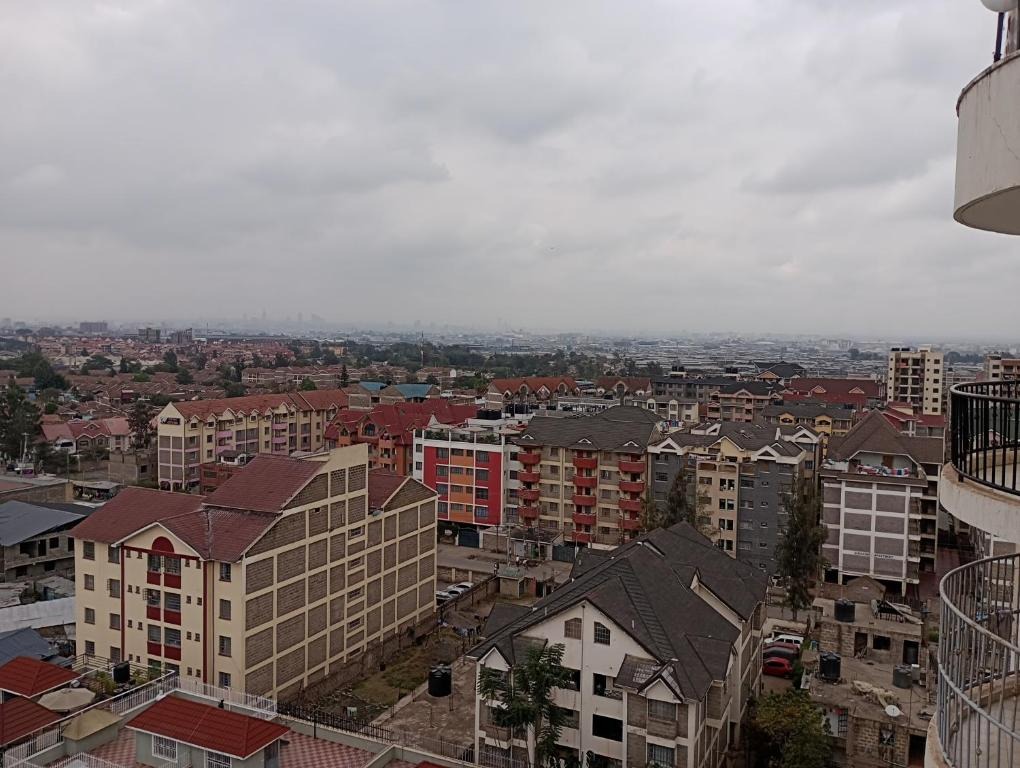
In an era defined by rapid technological advancement, digital platforms have emerged as game-changers across numerous industries, with property management being no exception. These platforms are transforming how property managers operate, bringing unprecedented efficiency, convenience, and data-driven insights to the forefront of the industry. This article explores the multifaceted role of digital platforms in revolutionizing property management and underscores their impact on the sector.
Streamlining Operations

One of the most significant contributions of digital platforms to property management is the streamlining of operations. Traditional property management tasks such as rent collection, maintenance requests, and tenant communication are often time-consuming and prone to human error. Digital platforms automate these processes, ensuring timely rent payments through online portals, prompt responses to maintenance issues via integrated ticketing systems, and seamless communication through centralized messaging features. This automation not only reduces administrative burdens but also enhances accuracy and efficiency, allowing property managers to focus on strategic tasks.
Enhancing Tenant Experiences
The tenant experience is central to successful property management, and digital platforms play a crucial role in enhancing it. Modern tenants expect convenience and immediate access to services, which digital platforms provide through mobile applications and online portals. Tenants can easily pay rent, submit maintenance requests, and access important documents from their smartphones, improving their overall satisfaction and retention rates. Furthermore, digital platforms enable property managers to offer personalized services and amenities, tailored to individual tenant preferences, thereby fostering a sense of community and loyalty.
Data-Driven Decision Making
The ability to collect and analyze data is another transformative benefit of digital platforms in property management. These platforms generate vast amounts of data on various aspects of property operations, from occupancy rates and maintenance costs to tenant demographics and market trends. By leveraging advanced analytics, property managers can gain actionable insights that inform decision-making. For instance, data on tenant behavior can guide marketing strategies, while insights into maintenance patterns can optimize budgeting and resource allocation. This data-driven approach enhances operational efficiency and drives better business outcomes.
Improving Maintenance Management
Effective maintenance management is critical to preserving property value and ensuring tenant satisfaction. Digital platforms revolutionize maintenance management by providing real-time tracking and reporting capabilities. Tenants can report issues through mobile apps, and property managers can assign tasks to maintenance staff, track progress, and ensure timely resolution. Additionally, some platforms offer predictive maintenance features that use data analytics to anticipate potential issues before they become major problems, reducing downtime and repair costs.
Facilitating Compliance and Risk Management
Compliance with regulations and risk management are vital aspects of property management. Digital platforms help property managers stay compliant by providing tools for tracking legal requirements, managing leases, and ensuring adherence to safety standards. Automated reminders and alerts for inspections, lease renewals, and regulatory changes reduce the risk of non-compliance. Furthermore, digital platforms can store and manage important documents securely, facilitating easy access and audit trails, which are essential for mitigating legal and financial risks.
Optimizing Financial Performance
Financial performance is a key metric for property managers, and digital platforms significantly enhance financial management capabilities. These platforms offer comprehensive financial tools for budgeting, forecasting, and reporting, enabling property managers to monitor income and expenses in real-time. Automated rent collection and accounting features ensure accuracy and efficiency, reducing the likelihood of errors and improving cash flow management. Additionally, financial analytics provide insights into profitability and cost-saving opportunities, empowering property managers to make informed financial decisions that enhance asset value.
Scalability and Growth
Digital platforms also support the scalability and growth of property management businesses. As property portfolios expand, managing multiple properties manually becomes increasingly challenging. Digital platforms provide centralized solutions that can handle the complexities of managing large portfolios, including multi-site operations and diverse property types. This scalability ensures that property managers can grow their businesses without compromising on service quality or operational efficiency.
Conclusion

In conclusion, digital platforms are revolutionizing property management by streamlining operations, enhancing tenant experiences, enabling data-driven decision-making, improving maintenance management, facilitating compliance, optimizing financial performance, and supporting scalability. As the property management industry continues to evolve, embracing digital platforms will be essential for staying competitive and delivering exceptional value to property owners and tenants. The integration of technology into property management practices is not just a trend but a fundamental shift that is shaping the future of the industry, driving efficiency, innovation, and sustainable growth.







